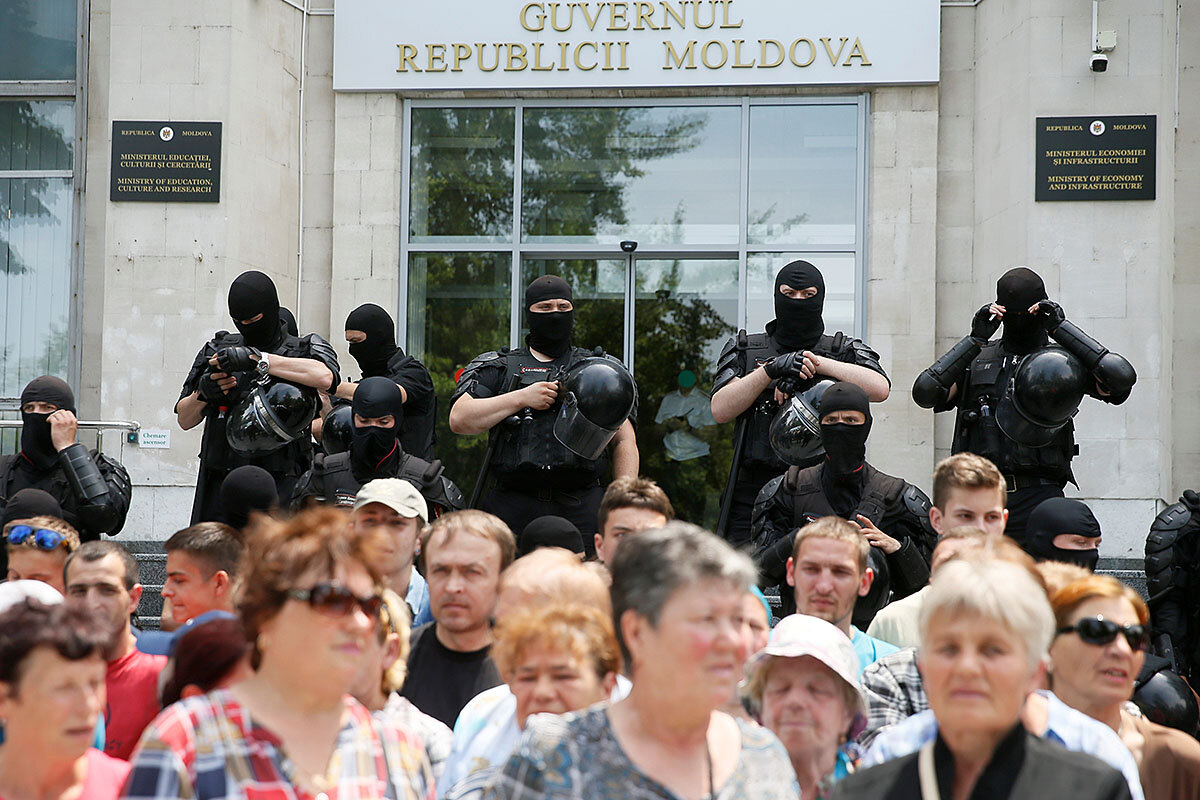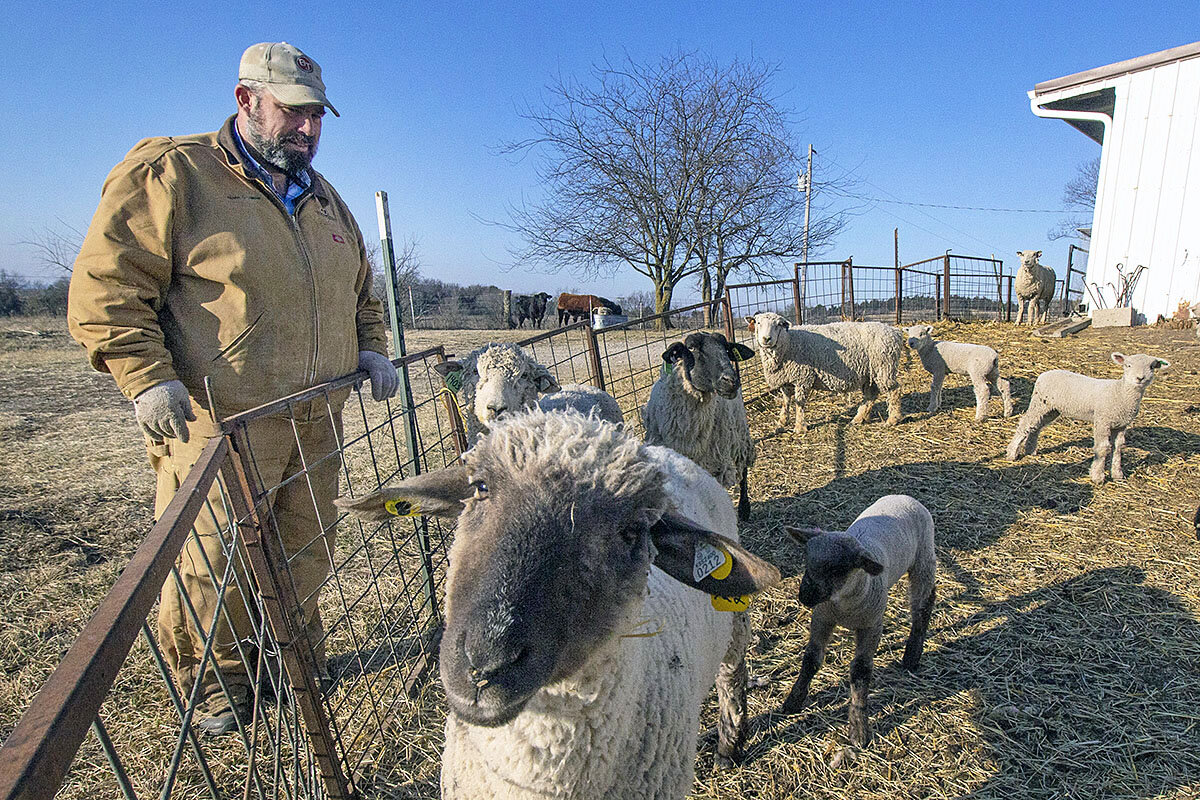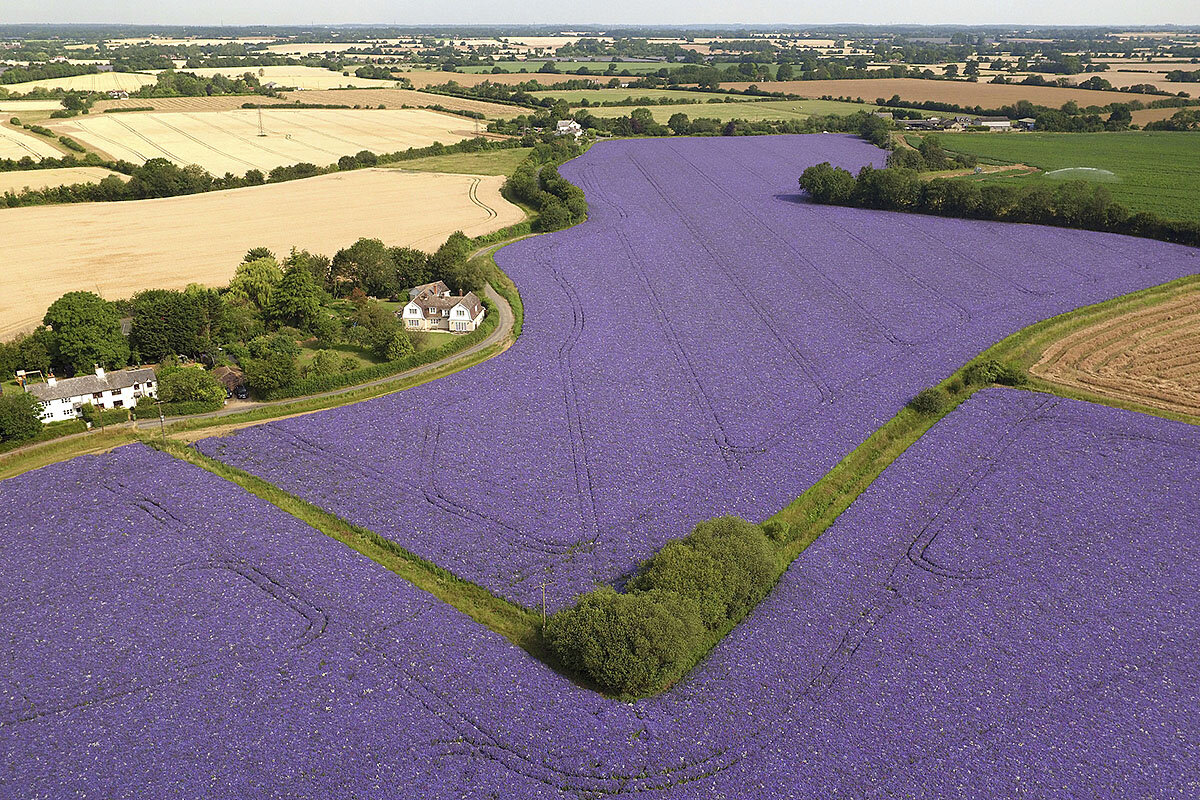In a world of political hot takes and partisan outrage, it can feel as if an opposing politician or party is doing irreparable damage. But Maine shows how quickly and dramatically things can change.
Monitor Daily Podcast
- Follow us:
- Apple Podcasts
- Spotify
- RSS Feed
- Download
 Mark Sappenfield
Mark Sappenfield
Welcome to your Daily. Today, we look at how fast politics can change, the most overlooked and intriguing recent U.S.-Russia story, Israel grappling with a dramatic part of its history, a Kansas farmer’s reason for hope, and a poet’s wisdom for the world today.
First, our thoughts on former U.S. Supreme Court Justice John Paul Stevens.
Justice Stevens was retired when the Monitor’s Henry Gass began covering the Supreme Court. But on hearing the news of Mr. Stevens’ passing Tuesday, I reached out to Henry to ask what he had learned about him since.
“It soon became clear to me,” Henry wrote back, “that Mr. Stevens embodied a kind of jurist that has become exceptionally rare since he retired in 2010.”
Mr. Stevens was appointed by Republican President Gerald Ford after a career as a moderate conservative antitrust lawyer. In 35 years on the court, he gradually became a liberal bastion.
In his opinion, though, he didn’t shift at all. He said he was “learning on the job,” guided by a commitment to deciding cases in a humble, restrained manner. One statement of appreciation called him “an incredibly decent human being and a thoughtful jurist.”
The court, Mr. Stevens believed, shifted around him. Indeed, there are few surprises coming from the Supreme Court these days. The justices come with clear judicial philosophies that are rigorously vetted along partisan lines. “Perhaps the only predictable thing about Justice Stevens,” Henry says he learned, “were the snappy bow ties he wore.”
For a review of Mr. Stevens’ memoir, please click here.










